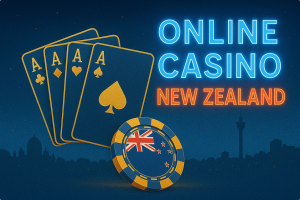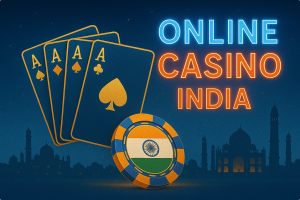
Online Casino South Africa

Online Casino New Zealand

Online Casino India

Online Casino Australia

Online Casino UK

Online Casino Canada

Online Casinos

Title:Torn Curtain
Artist:John Addison
Year:1966
This Release:1990
Format:MP3
Bit Rate:320Kbps
Size:60MB
Tracks:12
Track Listing:
1. Main Title (02:15)
2. Love Theme (03:02)
3. Behind the Curtain (02:16)
4. Introduction to Pi [Greek character] (02:17)
5. Premonitions of Trouble (03:20)
6. Variations on the Love Theme (01:16)
7. Pi Bus Theme Variations (01:18)
8. Sarah Alone (01:30)
9. The Murder of Gromek (02:40)
10. Michael and Sarah – Alone on the Hill (01:21)
11. Escape on the Pi Bus (04:03)
12. End Title (03:57)
Includes the Love Theme from Torn Curtain (Green Years) featuring the Johnny Mann Singers (Jay Livingston – Ray Evans)
Total Duration: 00:29:15
PM For Information
thanks in advance
PM your asking what that means and you have been a member for over 5 months?
Since this is only your 2nd post it will take a few minutes to allow PM.
You mst have 2 posts before PM’s are allowed and your 2nd just arrived.
I explained why I will send link within an hour or so.
Review by JT Griffith [-]
Alfred Hitchcock’s film Torn Curtain had two scores written, but only one was used. The music heard in the film was written by John Addison, but an alternate score by famed cinematic composer Bernard Herrmann has also been released on CD no less than three times, Alfred Hitchcock’s Torn Curtain: The Unused Score. The legend of the scores is that Herrmann refused to craft his composition toward the director’s and studio’s preferred pop direction. After an amazing nine efforts, Hitchcock and Herrmann parted ways after collaborating on some of the most famous soundtrack music of all time, including that for Psycho, Vertigo, and North by Northwest. The Addison version is about half as long, probably due to resultant time constraints. "Main Title" is sweeping with some jazzy hints, while "Love Theme" sounds like most upbeat romantic cues of the time. Whereas Herrmann’s unused score has moody and paranoid undertones throughout (as befitting a 1966 Cold War drama), Addison’s only occasionally repeats those darker motifs. Herrmann’s, with so many more cues and subsidiary pieces, provided a much deeper musical experience. So soundtrack fans are presented with a wonderful debate: which score is better? The one used is top-notch, but the unused has cache and a lot more music. While Addison used melody to propel the story ahead, Herrmann chose to forgo Hollywood’s melodic conventions to further a brooding mood. The soundtrack to Torn Curtain shows that the tensions between producers and artists is universal and that the corporate needs with regard to film music are probably as old as film itself. Like with Orson Welles’ unsuccessful struggle to make The Lady From Shanghai (and its music) more alienating and frightful, Bernard Herrmann was unsuccessful in forcing his musical vision upon Hitchcock. The used score is undeniably lesser, but also a good piece of work. The two scores together make for an interesting history lesson for the students of film music. Highly recommended to anyone who studies the craft of film music or Hollywood film production.
Having said that, I do actualy, I think, prefer the original, by Addison. Ah, well, no accounting for taste is there.
Again, many, many thanks for this.
I happen to agree with you and do indeed think Addison’s score is top notch. I also happen to like it a lot.
Listen to this if you haven’t had a chance Creedmoor.
